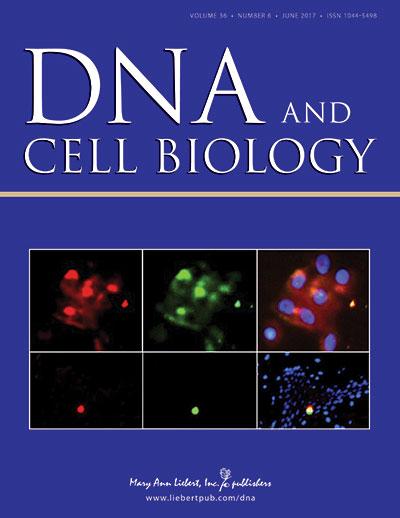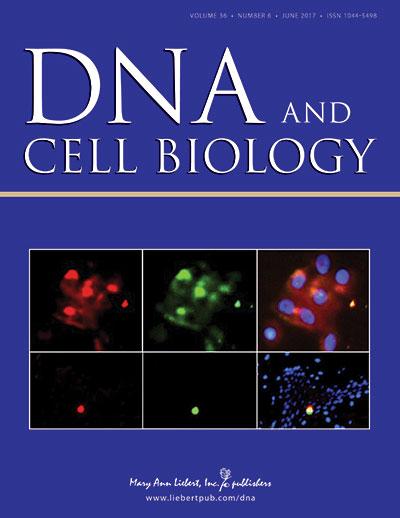
Credit: Mary Ann Liebert, Inc., publishers
New Rochelle, NY, June 12, 2017–Why mosquito-borne dengue virus causes more severe disease in some individuals, including hemorrhagic fever with or without shock, remains controversial and researchers are focusing on the factors related to the interaction between the virus and the host immune system, including the role of mast cells. An in-depth review of the latest research showing how mast cells can be both protective and can contribute to the most severe forms of dengue is presented in the article "Role of Mast Cells in Dengue Virus Pathogenesis," published in DNA and Cell Biology, a peer-reviewed journal from Mary Ann Liebert, Inc., publishers. The article is available free on the DNA and Cell Biology website through July 3, 2017.
Coauthors Berlin Londono-Renteria, Kansas State University, Manhattan, KS, Julio Marinez-Angarita, Instituto Nacional de Salud, Bogota, Colombia, and Andrea Troupin and Tonya Colpitts, University of South Carolina School of Medicine, Columbia, SC, study how mast cells recognize and interact with dengue virus and how mosquito saliva may affect the degranulation response of mast cells and the local immune responses during dengue virus infection in human skin. The researchers provide insights on what occurs during the early stages of dengue transmission and the mechanisms involved in mast cell activation and degranulation, which can increase the permeability of the human vasculature, causing it to become leaky.
"Mast cells are best known for their roles in allergies (such as pollen or food) and, for rare people, sensitivity to the saliva injected by mosquitos during bites. In this BIT, Colpitts and co-authors demonstrate the contributions of these cells to the pathogenesis of dengue, a severe disease," says Carol Shoshkes Reiss, PhD, Editor-in-Chief of DNA and Cell Biology and Professor, Departments of Biology and Neural Science, and Global Public Health at New York University, NY. "Understanding this may lead us to new approaches to the treatment of dengue fever and dengue shock syndrome. The latter secondary infection can be life-threatening."
###
About the Journal
DNA and Cell Biology is the trusted source for authoritative, peer-reviewed reporting on the latest research in the field of molecular biology. By combining mechanistic and clinical studies from multiple systems in a single journal, DNA and Cell Biology facilitates communication among biological sub-disciplines. Coverage includes gene structure, function, and regulation, molecular medicine, cellular organelles, protein biosynthesis and degradation, and cell-autonomous inflammation and host cell response to infection. Complete tables of content and a sample issue may be viewed on the DNA and Cell Biology website.
About the Publisher
Mary Ann Liebert, Inc., publishers is a privately held, fully integrated media company known for establishing authoritative peer-reviewed journals in many promising areas of science and biomedical research, including Human Gene Therapy, Antioxidants and Redox Signaling, and AIDS Research and Human Retroviruses. Its biotechnology trade magazine, GEN (Genetic Engineering & Biotechnology News), was the first in its field and is today the industry's most widely read publication worldwide. A complete list of the firm's 80 journals, books, and newsmagazines is available on the Mary Ann Liebert, Inc., publishers website.
Media Contact
Kathryn Ryan
[email protected]
914-740-2250
@LiebertPub
http://www.liebertpub.com
Original Source
http://www.liebertpub.com/global/pressrelease/do-mast-cells-contribute-to-more-severe-disease-in-dengue-infection/2194/ http://dx.doi.org/10.1089/dna.2017.3765





